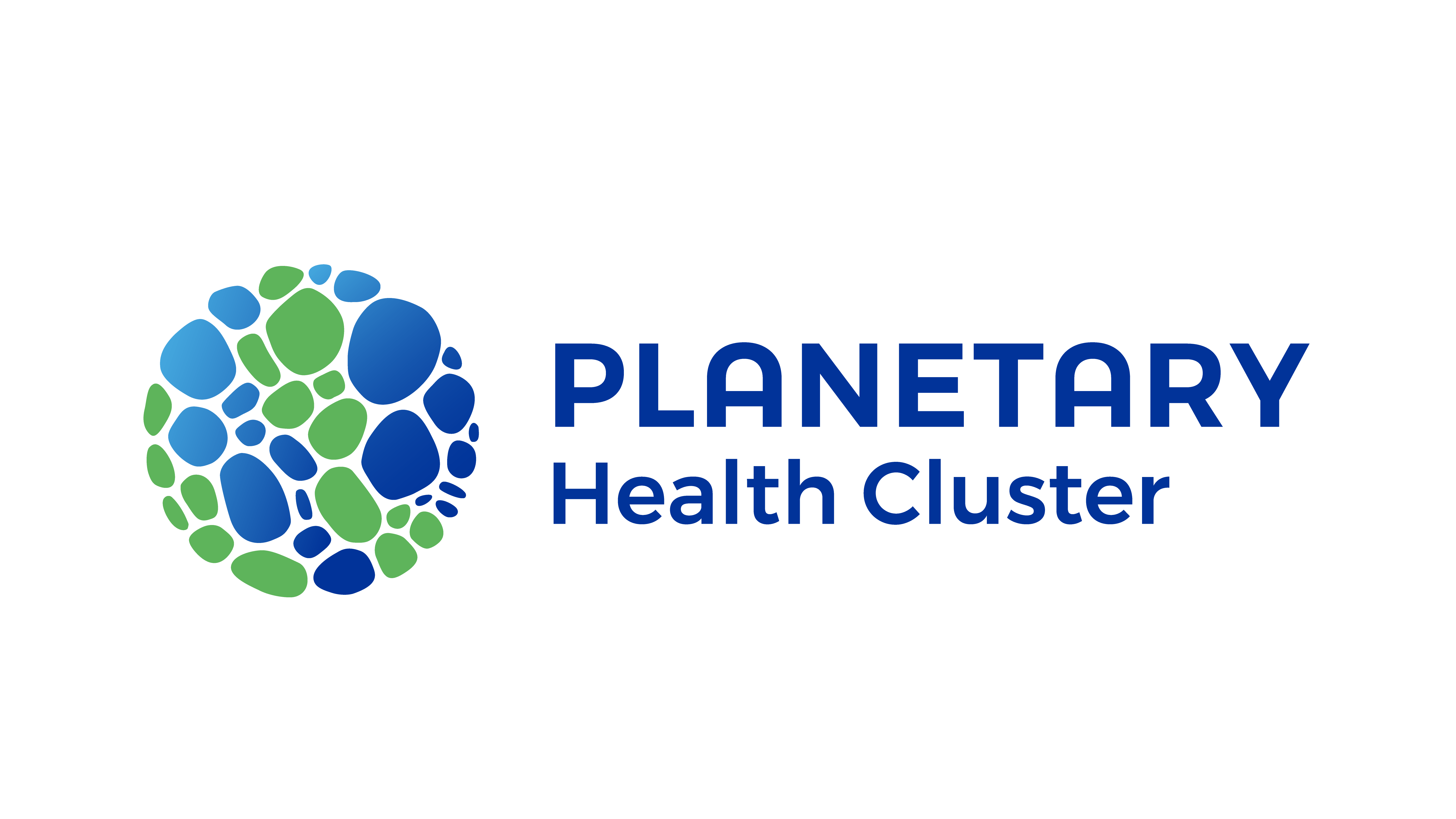Meet our Partners: APMVEAC

In the PLANET4HEALTH project APMVEAC partners are providing crucial epidemiological data about the occurrences of leishmaniasis in dogs. This data helps identify how shifts in the disease’s distribution can be a strong indicator of climate change within the context of planetary health.
Meet our Partners : F6S

F6S Innovation is taking the lead in communication, dissemination, and stakeholder engagement within the Planet4Health project. F6S is responsible for shaping and executing a comprehensive Communication and Dissemination Plan, ensuring that the project’s research and findings reach the right audiences globally.
Meet our Partners: CICERO Centre for International Climate and Environmental Research

CICERO Centre for International Climate and Environmental Research contributes to the PLANET4HEALTH project by modelling air pollution levels in South Africa and examining its impact on health.
Meet our Partners: Helmholtz Centre for Environmental Research – UFZ

The Helmholtz Centre for Environmental Research (UFZ) is contributing to the Planet4Health project by simulating hydrometeorological variables, such as streamflow and soil moisture, using the mHM model. Their team of experts will develop advanced monitoring systems and apply machine-learning techniques to support various case studies within the project. UFZ’s expertise in hydrological modeling and extreme event analysis contributes to the development of early warning systems for public health protection.
Meet our Partners: Austrian Agency for Health and Food Safety

AGES (Austrian Agency for Health and Food Safety) is actively contributing to the PLANET4HEALTH project through Case Study 3: Food Safety in Central Europe. In this case study, AGES is compiling and analysing data on PFAS (per- and polyfluoroalkyl substances) exposure across Austria.
Meet our Partners: LIBRA AI Technologies

LIBRA AI Technologies plays a significant role in the PLANET4HEALTH project, developing a Machine Learning (ML) methodological framework for AI experimentation to address climate-related health challenges.
Meet our Partners: Vrije Universiteit Brussel

Vrije Universiteit Brussel (VUB) is a prominent institution known for its commitment to ethical standards and legal compliance in research. As the legal and ethics partner in the PLANET4HEALTH project, VUB plays a crucial role in guiding PLANET4HEALTH partners on the ethical use of data.
Meet our Partners : The German Federal Institute for Risk Assessment

The German Federal Institute for Risk Assessment (BfR) is actively involved in the Planet4Health project, focusing on critical issues related to food safety in Central Europe. BfR’s expertise in epidemiology and mathematical modeling is essential for addressing the impact of PFAS (per- and polyfluoroalkyl substances) exposure on public health and the environment.
Meet our Partners: University of Pretoria

The University of Pretoria is an important partner in the PLANET4HEALTH project, bringing its expertise to investigate the spatio-temporal, environmental, and climatic factors affecting mental wellbeing. As a leading institution in Africa, the University of Pretoria is dedicated to advancing research on the climate-related impacts on human resilience and mental health.
Meet our Partners: Predictia Intelligent Data Solutions

With over a decade and a half of experience in cutting-edge data management, Predictia, a spin-off company from the University of Cantabria (Spain), continues to embody its original research & development spirit. The company focuses on climate data management, modeling, and visualization, leveraging state-of-the-art AI techniques. Its expertise in developing web-based custom products and its use of advanced technologies contribute to providing flexible solutions to specific challenges. Predictia’s commitment to innovation is further demonstrated through its active participation in various EU projects, including PLANET4HEALTH.

